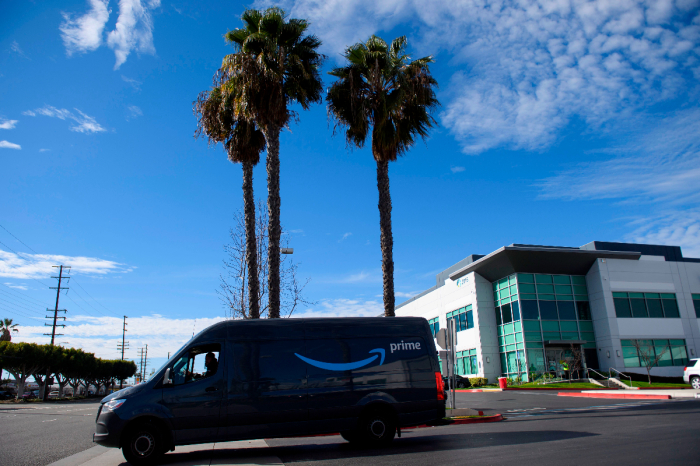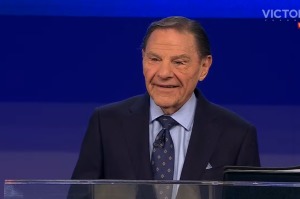Amazon refuses shareholder request to reveal charitable contributions

Amazon held its the annual shareholder meeting on Wednesday, at which there was a proposal from shareholders to disclose the company's charitable contributions. Typically, calls for companies to report charitable contributions come from either pro-life groups which would like to know if the company is supporting pro-abortion groups such as Planned Parenthood, or other charities which themselves support Planned Parenthood. More recently, conservative Christians have expressed concern about support for the Black Lives Matter Foundation for its Marxist roots, endorsement of domestic violence, support for Hamas, and attacks on the traditional family.
Amazon has a problematic history when it comes to bias against Christians in matters having to do with charitable contributions. Amazon banned the Alliance Defending Freedom and Family Research Center from Smile, its charitable matching gift program for customers. These groups were labeled as hate groups because of their variance from progressive ideology, for example, in supporting religious liberty and conscience protection for small business owners who refuse to participate in same sex marriages via service provision.
Amazon's ratings according to the recently released Viewpoint Diversity Index show low scores when it comes to religious freedom and tolerance for dissenting political views. For example, the company only scores a 3%, a 10%, and a 0% out of 100 on the Market, Workplace, and Public Square scores, respectively. In other words, on the matter of how it deals with customers and outside vendors it only fulfills 3% of the best practices when it comes to religious and viewpoint diversity. It scores only 10% when it comes to how it treats its workers in the same area. And when it comes to public advocacy and charitable giving, it does not show evidence of practicing even one of the best practices. All in all, it gets a 6% score. So in addition to the anecdotal public controversy over the Smile program, the data show that, across the board, Amazon has policies that are very poor when it comes to tolerance of other points of view on important religious and political questions.
It is understandable, then, that some shareholders have concerns in this area. The shareholders argue that, "Absent a system of transparency and accountability for charitable contributions, Company executives may use Company assets for objectives that are not shared by and may be inimical to the interests of the Company and its shareholders."
They also say that "Amazon.com, Inc.’s assets belong to its shareholders. The expenditure or distribution of corporate assets, including charitable contributions, should be consistent with shareholder interests."
Management responded by asserting that "We have an appropriate level of oversight for our charitable contributions in which significant charitable contributions are made only after an extensive internal review and approval by senior leaders." However, the company did not explain exactly how that internal review process worked. But of course, if the process is a good one, why not let shareholders themselves see the results: a list of actual grants to see if they agree that their money is being used well?
Amazon did cite the Smile program as an example of its good charitable process, but did not mention the public controversy over the matter, which actually rose to the level of questioning at a Congressional Oversight hearing.
The proposal did not pass, which is not unusual; shareholder proposals opposed by management seldom pass. However, the very fact that the proposal was discussed and debated means the issue has risen in importance, and it does not seem likely that the issue will not go away until Amazon becomes more transparent with customers and investors, and adopts policies which show that its commitment to diversity goes beyond just skin-deep identity and includes a diversity of viewpoints.
Jerry Bowyer is financial economist, president of Bowyer Research, and author of “The Maker Versus the Takers: What Jesus Really Said About Social Justice and Economics.”





























